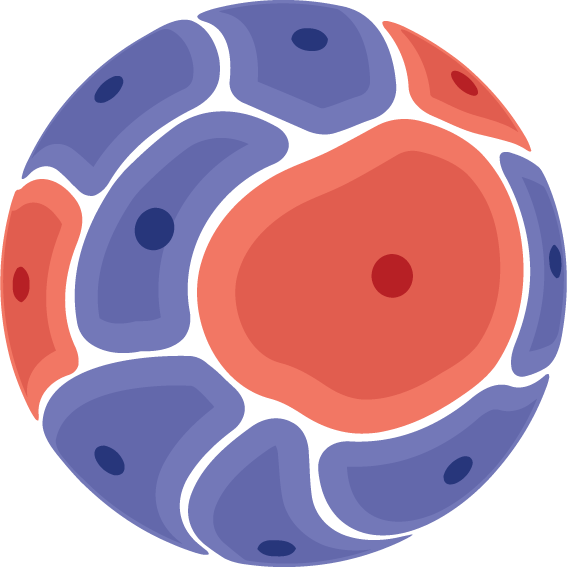We are pleased to invite you to the IMMUNO-model COST Action Computational immuno-genomics Summer School, to be held on 11-13 June 2024 at the University Hospital Lozano Blesa, Health Research Institute Aragon, Zaragoza, Spain.
This training school aims at providing an introduction to key computational strategies to study the reciprocal interactions between the tumour and its microenvironment, with a specific focus on the immune compartment. Trainees will attend lectures and hands-on sessions, to enable them to incorporate such methods in their research activities. The training school will additionally be the opportunity to launch the collection of immuno-omic datasets to later generate and publish a publicly available resource. We are looking forward to meet you in Zagoza!
Application Process (Deadline April 5th, 2024)
Please fill in the form here.
More info here.
Venue:
University Hospital Lozano Blesa.
C. de San Juan Bosco, 15, 50009 Zaragoza, Spain
Trainers:
Sandra García Mulero: s.garciam@idibell.cat
Roberto Fornelino: robertofg463@gmail.com
Peter Rashkov: p.rashkov@math.bas.bg
Maurizio Callari maurizio.callari@fondazionemichelangelo.org
Rebeca Sanz Pamplona rsanz@iisaragon.es
The Computational immuno-genomics Summer School took place in Zaragoza, Spain. In line with the Immuno-model COST Action goals, this training school focused on key techniques of computational biology to understand tumours and its microenvironment focusing on the immune system. This summer school combined theoretical and practical sessions to fully understand gold standard and emerging techniques in the field of immunomics. Among the topics covered, students learnt to analyze data from cutting-edge technologies, such as single cell mass cytometry and spatial transcriptomics. Bulk RNA-Seq data were also used to apply deconvolution techniques to identify immune populations in tumour samples. Regarding genomics, different tools were used to identify neoantigens from cancer mutations. Lecturers also explained how to study interactions between cancer and immune cells, using mathematical models or tools to decipher the crosstalk between cells. Of note, some of the sessions were specifically dedicated to pre-clinical models, which is the focus of this COST action.
